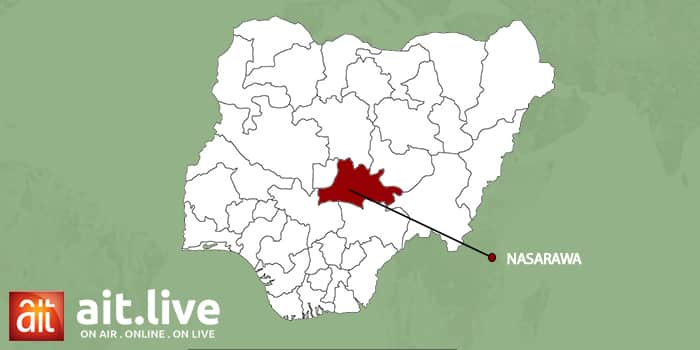Nasarawa State Governor, Abdullahi Sule, says the days of indiscriminate waste dumping are over, and therefore wants citizens across the state to view waste as a tool for economic prosperity.
The governor who said this during the flag-off of the tree planting campaign and distribution of trash bins, reminded the people that what they often call “waste” can be transformed into agricultural manure, renewable energy, and even jobs for young people if properly managed.
The people of Nasarawa state, particularly residents of Karu and Akwanga local government areas are waking up to a new reality—where trash is no longer just a nuisance but a potential source of wealth and livelihood.
Karu, one of the fastest-growing local governments in Nigeria, has been grappling with rising waste volumes alongside population expansion.
For many residents, piles of refuse have become part of daily life, affecting health and mobility. Governor Abdullahi Sule however says this must change, stressing that organized waste disposal can turn Karu’s burden into an opportunity.
MUST READ: Cost of living crisis: Nasarawa State Govt to help LG workers, pensioners
The Nasarawa state Commissioner for Environment and Natural Resources, Margaret Elayo, described poor waste management as a silent destroyer of communities—linking it to climate change, desertification, and flooding.
She appealed to residents to make use of the strategically placed trash bins, assuring them that the state waste management agency will ensure timely evacuation.
From trash to treasure, the people of Nasarawa may soon see their waste bins not as a burden, but as a lifeline for wealth creation and a cleaner tomorrow.
But beyond environmental concerns, the people of Karu are also struggling with traffic gridlock that wastes man-hours and drains productivity. The Esu Karu, Luka Panya Baba, alongside the Council Chairman, Abubakar Madaki, used the event to plead with the government to urgently address illegal road blockades and complete alternative routes in Mararaba, Gitata, and Gurku.
(Editor: Paul Akhagbemhe)








